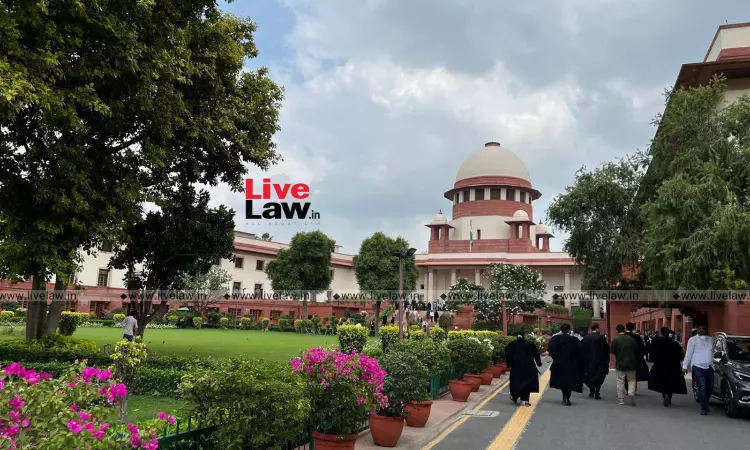Supreme Court Expresses Concern Over Delay In Trial Of UAPA Case Over Alleged ISIS Links
Debby Jain
17 Sept 2024 9:30 PM IST

Next Story
17 Sept 2024 9:30 PM IST
While hearing the bail plea of a 25-year-old Kashmiri man booked under the Unlawful Activities (Prevention) Act over alleged ISIS links, the Supreme Court on Tuesday (September 17) observed that steps must be taken to ensure that the trial is completed expeditiously.A bench of Justices Surya Kant and Ujjal Bhuyan was hearing petitioner/accused-Jamshed Zahoor Paul's challenge to a Delhi High...
